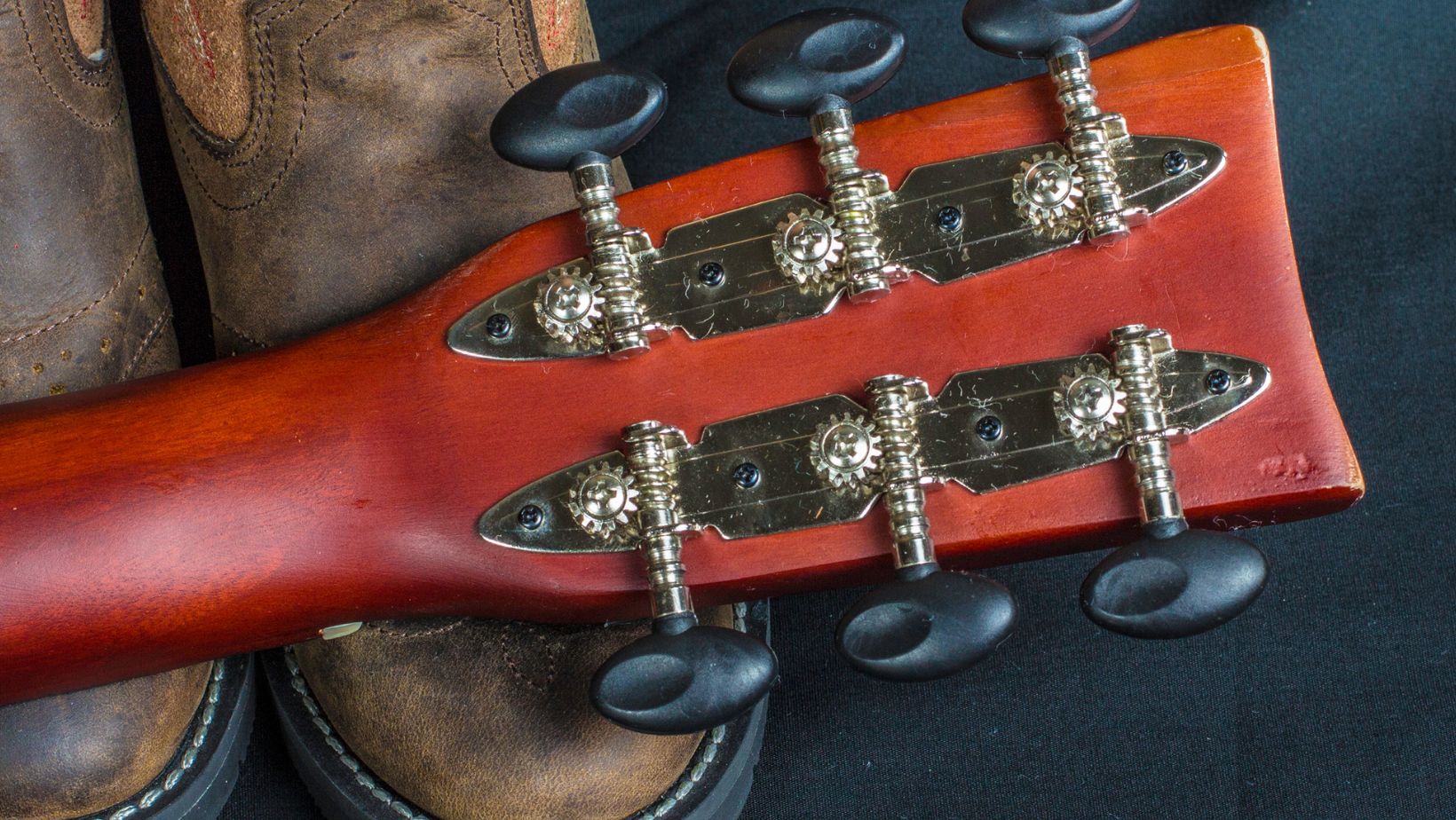From Gregorian chants to the grand symphonies of Mozart, from the blues of the Mississippi Delta to the rock ‘n’ roll of Elvis Presley, Western music has a rich and varied history. It’s a fascinating journey that spans centuries and continents, shaping and being shaped by the societies it has touched.
Over time, Western music has evolved and transformed, echoing the changes in the world around it. It’s more than just a collection of notes and rhythms—it’s a reflection of human experience, a testament to our capacity for creativity and expression. So, let’s embark on this journey together, exploring the captivating story of Western music.
Concise History of Western Music

Investigating the origins of Western music takes us back to Ancient Greece. Here, music played a vital role in societal ceremonies, education, and entertainment. Early Greek philosophers such as Pythagoras displayed keen interest in music and recognized its mathematical aspects, setting the stage for the study of harmony and scales.
Stemming from this foundation, music evolved during the Roman era, where it predominantly featured in theatrical and gladiatorial events. However, it’s during the Medieval Period, with the advent of Gregorian chants between the 9th and 10th centuries, that Western music truly began to shape.
Notably, the Renaissance period brought innovative changes due to increased interaction with Eastern cultures. It saw the development of polyphony, a musical texture involving multiple independent melodic lines, a technique refined during the subsequent Baroque era, epitomized in Johann Sebastian Bach’s works.
Each definitive era added a rich layer to the fabric of Western music, creating its extensive and diverse history.
Development During the Renaissance

The Renaissance era (approx. 1400–1600) represented a watershed moment in Western music. It saw a remarkable shift from the primacy of Church music to a more diverse musical landscape. Many secular genres emerged, including the madrigal and the chanson. Pioneers like Josquin des Prez used musical nuances to enhance textual expression, a practice that came to define the period.
Instrumental music, often overlooked in the previous eras, started to gain importance during the Renaissance. Lute, viols, and the newly invented keyboard instruments like the clavichord and the virginal, enjoyed increased popularity. This pivot towards instrumentality set the stage for the further expansion of Western music in the subsequent epochs.
Baroque to Classical Periods

Taking roots in the intricate polyphonies of the Renaissance, the Baroque period (c.1600-1750) dramatically expanded the horizons of music. Figures like Johann Sebastian Bach and Antonio Vivaldi pioneered the use of large-scale compositions, such as operas and concerto grosso, creating depth in music with their unique contrapuntal textures. Moreover, instruments like the harpsichord and violin rose to prominence, leading to the development of the early orchestra.
Evolving into the Classical period (c.1750-1820), reliance on elaborate ornamentation reduced, making way for clean, balanced, and straightforward melodies. Composers Franz Joseph Haydn, Wolfgang Amadeus Mozart, and Ludwig van Beethoven dominated the Classical era. Their symphonies, sonatas, and quartets showcased the insights of this period, emphasizing structural clarity and emotional expression. Such progression in Western music refined its tapestry, laying a firm foundation for the dynamic transformations of the succeeding Romantic era.
The 20th Century to Modern Times
From the 20th century onwards, Western music has taken a kaleidoscopic turn, embracing an array of styles and genres. It’s seen the rise of Jazz, Rock, Pop, and Electronic music, each with its own unique contribution. The technological advancements have played a significant role in shaping the music we listen to today. From the humble origins in Ancient Greece to the complex compositions of the Classical era, Western music’s journey has been remarkable. It’s a testament to the power of human creativity and the enduring love for melody and rhythm. This journey underscores the importance of understanding our musical heritage, as it continues to shape our modern soundscape. The evolution of Western music is far from over, and it’s exciting to imagine where it’ll take us next.

